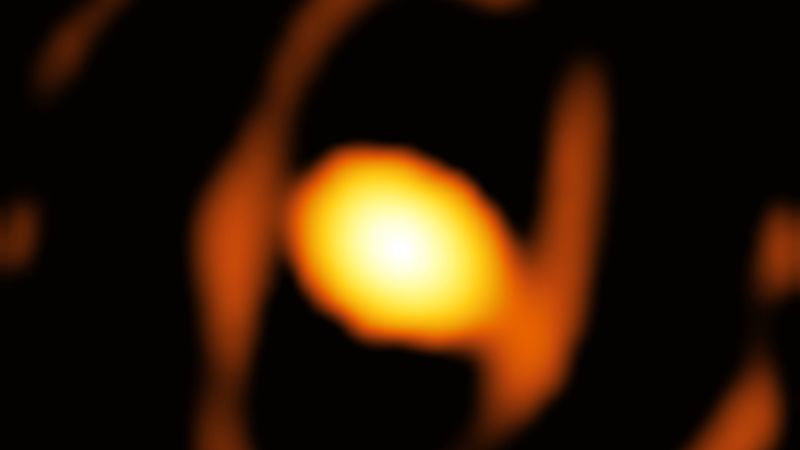
Stratopause
In space and astronautical engineering, stratopause is the boundary between the stratosphere and the mesosphere, located at an altitude of approximately 50-55 km above the Earth's surface. It is characterized by a temperature minimum, where the atmospheric temperature stops increasing with altitude and starts decreasing. The stratopause is an important region for studying atmospheric dynamics and chemistry, as it is where the ozone layer is located and where many chemical reactions occur. It is also a critical region for understanding the effects of climate change on the Earth's atmosphere.
Your Previous Searches
Random Picks
- X-band: In the context of aerospace engineering, the X-band is a segment of the microwave radio region of the electromagnetic spectrum. It is used extensively in radar and satellite communication systems. The X-band frequency range is typically bet ... Read More >>
- Jettison: Jettison is the act of intentionally discarding a part of a spacecraft or rocket in order to reduce weight or to improve performance. This can be done during any phase of a mission, from launch to landing. Jettisoned parts can include fairi ... Read More >>
- Environmental Control And Life Support System: Environmental Control and Life Support System (ECLSS) is a system that provides and maintains a livable environment for humans in space. It includes various subsystems such as air revitalization, water recovery, waste management, thermal co ... Read More >>
Top News

Archaeologists discover 4,000-year-old canals used to fish by predecessors of an...
Using drones and Google Earth imagery, archaeologists have discovered a 4,000-year-old network of earthen canals in what’s now Belize...
News Source: ABC News on 2024-11-22

First close-up image of a star beyond our galaxy may reveal impending supernova...
Astronomers have taken the first close-up image of a star beyond our galaxy, and it’s a “monster star” surrounded by a cocoon as it slowly dies....
News Source: CNN on 2024-11-21

Bestselling author explains the science of happiness: "You can do the work"...
Bestselling author and Harvard professor Arthur Brooks opens up about how enjoyment, satisfaction and meaning in life can increase a person's wellbeing....
News Source: CBS News on 2024-11-18

November's full moon, known as the Beaver Moon, is the last supermoon of 2024. H...
November's full moon, known as the Beaver Moon, is the last supermoon of 2024. Here's when it peaks and why it's called the Beaver Moon....
News Source: CBS News on 2024-11-15

You can't put a price on the sense of awe particle physics inspires...
Astronomy and particle physics are no longer seen as vital by the US establishment, so funding has fallen. But our work creates a sense of wonder, and wonder matters, says Chanda Prescod-Weinstein...
News Source: New Scientist on 2024-11-13